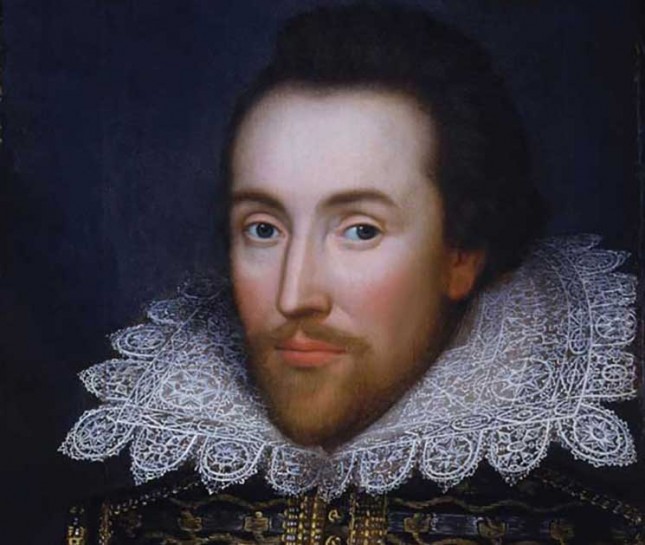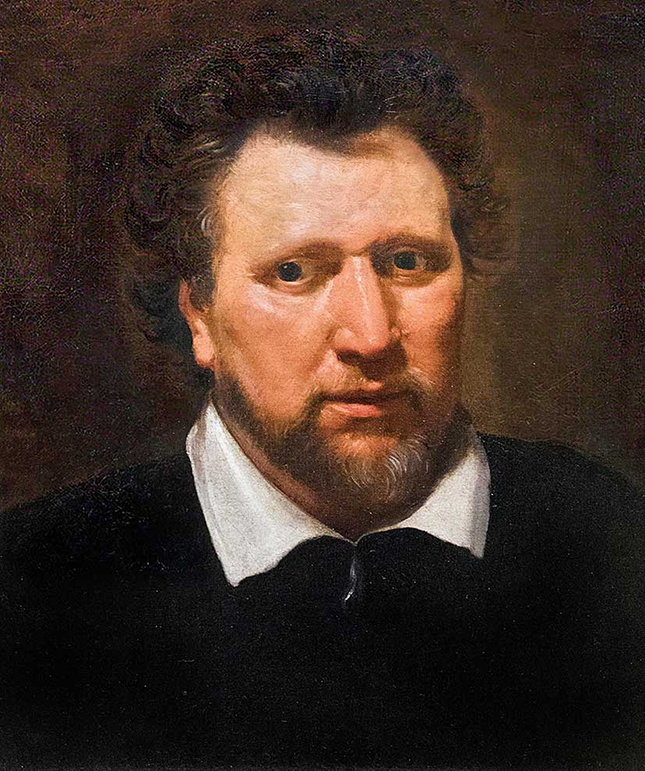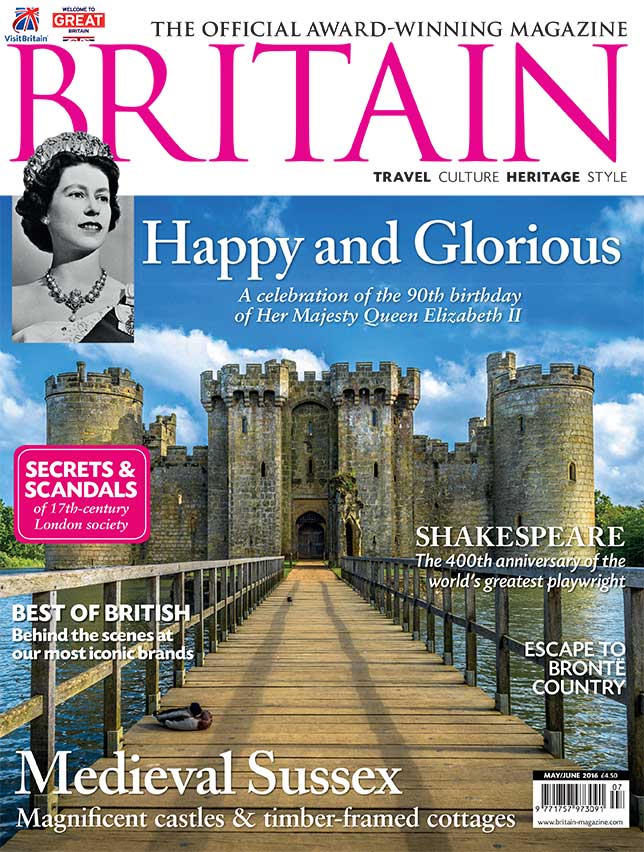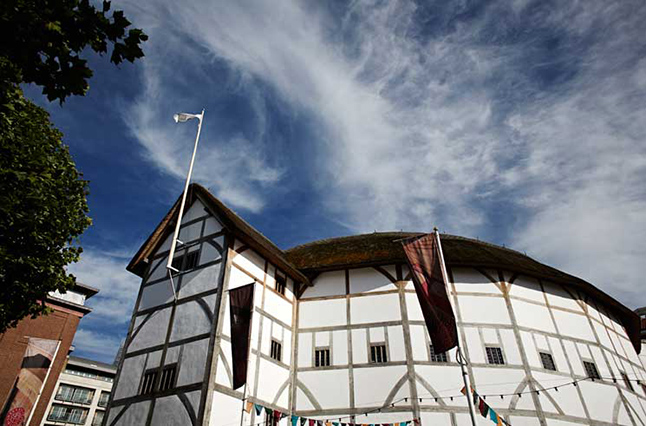The 400th anniversary of Shakespeare’s death is being marked around the world this April. We explore why there is no record of his death being marked in London in 1616.

When William Shakespeare died on 23 April 1616 there was no national outpouring of grief – indeed there is no evidence at all of a procession, a poem or even an epitaph in London marking the passing of the man who is today revered internationally.
Patrick Spottiswoode, director of education at Shakespeare’s Globe, believes one of the reasons is that artists simply weren’t celebrated in the same way in the 17th century as they are today: “In those times Shakespeare wasn’t as well known as he is today, but also the status of the dramatist and common player meant that he wasn’t going to be afforded the ceremony a knight of the realm would be. “By the time of his death he was well known, respected and lauded within the profession – his plays were known in London – but in no way in the same way as he is known now.”
The London theatre scene of Shakespeare’s time was a far cry from today. Considered undesirable places by many, playhouses were pushed to the suburbs on the south side of the River Thames in a marshy area known as Bankside that was sparsely populated and home to inns and bear-baiting arenas.
Spottiswoode also argues that the lowly status of the English language at the start of the 17th century limited the appeal of English playwrights such as Shakespeare.
 “The novels of [Spanish writer] Cervantes found their way into translation earlier than Shakespeare, as Spanish was more of a respected tongue internationally than English, which is another reason why internationally Shakespeare wouldn’t have been mourned in 1616.”
“The novels of [Spanish writer] Cervantes found their way into translation earlier than Shakespeare, as Spanish was more of a respected tongue internationally than English, which is another reason why internationally Shakespeare wouldn’t have been mourned in 1616.”
Cervantes, author of Don Quixote, is one of the literary greats being celebrated at Shakespeare’s Globe this year as part of 1616: A Momentous Year, which aims to shed light on the cultural context in which Shakespeare lived and wrote.
Cervantes was also known for his short stories, which became sources of inspiration for playwrights such as Shakespeare, who based one of his lost plays on a Cervantes story. Cervantes too died in 1616, as did Chinese playwright Tang Xianzu, English playwright Francis Beaumont and theatre impresario Philip Henslowe, all of whom will be represented in the Globe’s exciting programme of events.
Philip Henslowe, played by Geoffrey Rush in Shakespeare in Love, was the man who built the Rose Playhouse, the earliest theatre on Bankside, the foundations of which were uncovered in the 1980s.
Thanks to archaeological digs and Henslowe’s Diary – a treasure trove on Elizabethan theatre – historians have been able to piece together details about what playhouses were like in Shakespeare’s time.
Spottiswoode says: “There is a stereotypical view that Henslowe was money-grabbing; he was an impresario, he had to make the theatre work, he had to get the box filled. But it is fair to say that his work meant that he was helping playwrights write plays.
“A lot of those plays came about because Henslowe created the market for them.”
One of the big exhibits taking place at the Globe this year is Henslowe’s Rose: Theatrical Treasure from Dulwich College (11 May-29 June), which will include a trunk on loan from the college that includes plays and artefacts, including Henslowe’s Diary, from the estate of the college’s benefactor, Elizabethan actor Edward Alleyne, who was Henslowe’s son-in-law.

Shakespeare’s contemporary Ben Jonson was also integral to the Bard’s longevity.
In 1616 Jonson published his own plays as works, which at the time would have been considered outrageous and pretentious: up until then plays had been printed as quartos – throwaway booklets.
Spottiswoode says: “Prior to this, plays were just laundry lists. Ben Jonson comes along in 1616 and says ‘no, they’re works, they’re literary works, they’re worth the read’. This is a really important book on theatre history. One could say that the great legacy of 1616 was the Shakespeare First Folio of 1623 and that Ben Jonson’s Works, led to John Heminge and Henry Condell, as actors, saying, ‘actually let’s remember Shakespeare and let’s publish his plays’.”
Without Jonson, the world may never have been introduced to Shakespeare and plays such as Macbeth and Hamlet may have been lost forever.
Ben Jonson’s Works will go on display alongside the 233rd First Folio as part of the Shakespeare Re-discovered in St-Omer exhibit at Shakespeare’s Globe from 4 July to 4 September.
More on the Shakespeare anniversary celebrations in the May/June issue of BRITAIN magazine.
Related articles
|
Click here to subscribe! |






 © 2024
© 2024